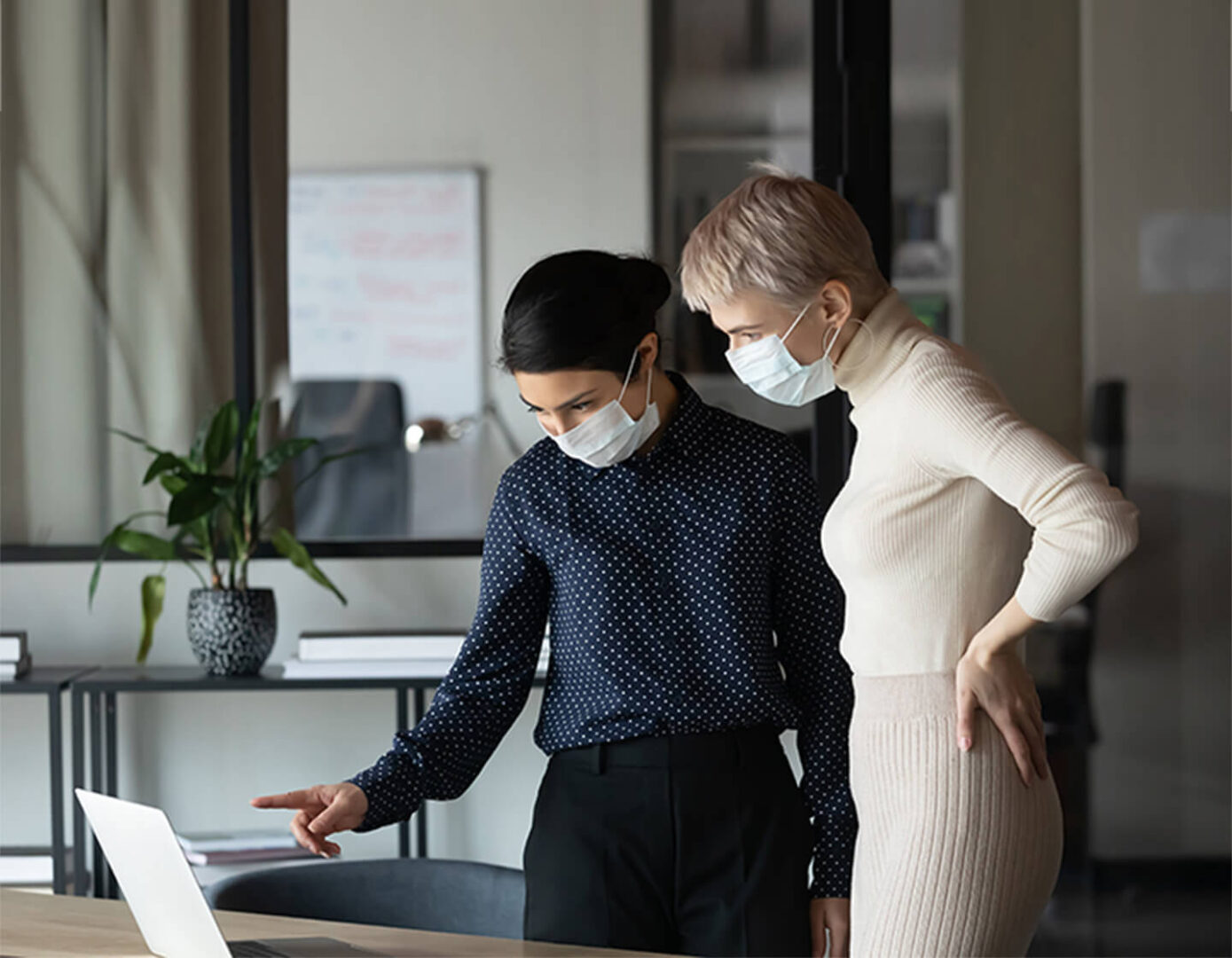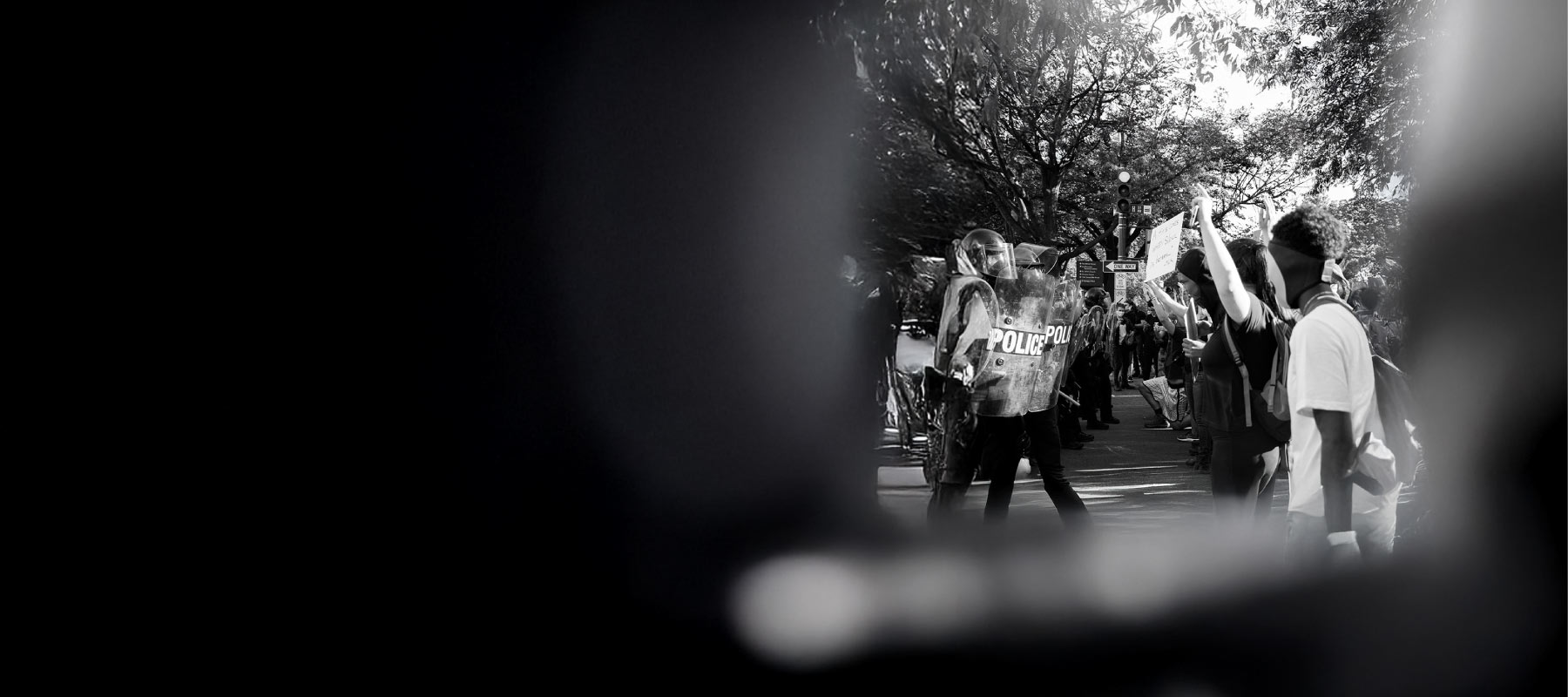
Society needs to have the right conversations about the COVID-19 crisis
COVID-19 has presented an unprecedented global challenge, which governments and societies have met with differing degrees of success. But with the epidemic now entering a second phase, the time has come to shift attention from single-mindedly fighting the spread of the disease to a broader debate about costs and benefits.
Devoting massive global resources to combatting COVID-19 has, like all policy choices, carried heavy opportunity costs. During the first phase of this crisis, policymakers’ attention focused almost single-mindedly on protecting potential victims and, to some extent health care systems. This led to a widespread confinement strategy, the cost of which was not actively debated during this first phase of the crisis.
Predictably, the relaxation of the confinement measures in many countries is leading to increases in infection rates, leading some governments to raise the prospect of re-energizing a confinement policy. I think it is time for a more nuanced and sophisticated debate about the ‘right’ approach to dealing with this crisis.
It is hard to argue with the idea that protecting lives, particularly of the most vulnerable such as the old and chronically ill, should take precedence over everything else. Likewise the virtually global strategy of ‘flattening the curve’ of infections by locking down swaths of society and national economies appeared entirely rational.
But our failure to discuss the collateral damage of this strategy does not make these costs go away. First and most obvious, global economic disruption doesn’t just mean smaller dividends for shareholders and pay cuts for bosses; it also affects employers and employees. Some governments (e.g., the US) have chosen to direct significant support at employers. Others (particularly in Europe) chose to support employees. Neither approach fully eliminates social costs and both result in huge debt being taken on by governments all over the world. This debt will be passed onto future generations and will for years reduce governments’ ability to invest in other areas.
A recent article in The Economist cited a UN study estimating that the economic impact of COVID-19 could result in the number of people suffering from intense hunger doubling to 265m over this year. Not only poor countries are at risk: queues at food banks in the US have stretched across entire city blocks. “‘In such circumstances, even quite small dislocations in the food system could, by pushing up prices, lead to great suffering,” the piece noted.
Beyond its economic impact, the confinement strategy used in much of the world is also generating other collateral damage.
In particular, studies are already showing big rises in mental health issues as people try, and fail, to cope with crisis-caused confinement. The latter has also been the prime factor behind worldwide spikes in domestic violence.
Secondly, the global redirection of medical resources to fighting the pandemic has, inevitably, hit other patients. Tales abound of cancelled appointments and procedures. But while delays for, say, routine surgery, like joint replacements, may be tolerable and not life threatening, what of cancelled treatments and follow ups for cancer victims?
Finally, there is the socio-economic impact on education. Wealthier parents can compensate for school closures by providing their children with computers and private lessons. The same cannot be said for the less advantaged, whose children often lack adequate tools and/or support to help them keep up with their peers. The result may be to set back by up to several years the hopes of such pupils to close existing socio-economic gaps.
Of course, a single-minded focus in the crisis plays well politically. It is much harder to sell a nuanced strategy than one prioritising empathy for COVID patients. Making tough choices on resource allocation would inevitably up the death toll, though the magnitude of the increase is not completely clear. In addition, pandemic patients are in front of our eyes and their number is being monitored and communicated on a minute by minute basis, whereas the confinement strategy’s social and economic impacts are much more diffuse and largely in the future. But empathy can blind our judgement, prompting overinvestment in problems we can see and count at the expense of those that we cannot. Paul Bloom, professor of psychology at Yale, has written eloquently about this danger and calls instead for ‘rational compassion’.
There is no doubt that the situation is complex. Much was made of Sweden’s decision to avoid following regional neighbours with strict lockdowns, prioritizing instead less economically damaging approaches to slowly achieve ‘herd immunity’. Though heavily criticized in terms of the higher mortality rate it enabled and the surprisingly low infection and immunity rate that the strategy seems to have produced, the Swedish approach sounds more sustainable over time than a heavy reliance on confinement.
Such controversies underline the fact that there is an essential discussion to be held. Calling for an open and thoughtful debate on the risks of concentrating on (a single approach to addressing) COVID is not a sign of insensitivity or cruelty, but a valid and rational response. Pandemics are by no means over, and we may face a recurrence of such choices sooner than we would like. Governments need to prepare their citizens and enrol their support for the difficult decisions ahead.
Research Information & Knowledge Hub for additional information on IMD publications

A new law requires large listed companies in the EU to appoint members of the underrepresented gender (usually women) to 33% of all director roles.

A relentless focus on accountability and continuous improvement transformed Valmet from an underdog into an industry leader in a decade. Pasi Laine tells Jean-François Manzoni how it was done.

According to the 2025 Edelman Trust Barometer, trust in employers is declining for the first time. Here are practical measures to get back on track.

Three Ways to Deal with Your Boss when they act against civility, empathy, and ethics. Discover strategies to handle difficult workplace dynamics effectively.

Six ways leaders can shape corporate reputation building strategies within their organizations, drawing on key insights from a Bloomberg Media study.

Managing energy in leadership helps sustain momentum. Tap into purposeful action, team cohesion, and personal conviction to stay energised and inspire others.

To navigate a turbulent business environment, CEOs must understand their landscape and align leadership thinking priorities, advises IMD’s Michael Watkins.

Only by coming to terms with your past can you hone the character and resilience to lead at your best. If you want to be a great leader, be your own case study.

By fostering a ‘we’ culture of sharing, respect, and gratitude, leaders can transform their organizations to shine in an inclusive world.

China's self-reliance, innovation & resilience under 'Made in China 2025' continue to shape its global role amid geopolitical tensions & policy challenges.
Research Information & Knowledge Hub for additional information on IMD publications
Research Information & Knowledge Hub for additional information on IMD publications
in I by IMD
Research Information & Knowledge Hub for additional information on IMD publications
Research Information & Knowledge Hub for additional information on IMD publications
in I by IMD
Research Information & Knowledge Hub for additional information on IMD publications
Research Information & Knowledge Hub for additional information on IMD publications
Research Information & Knowledge Hub for additional information on IMD publications
Research Information & Knowledge Hub for additional information on IMD publications
in I by IMD
Research Information & Knowledge Hub for additional information on IMD publications
Research Information & Knowledge Hub for additional information on IMD publications

